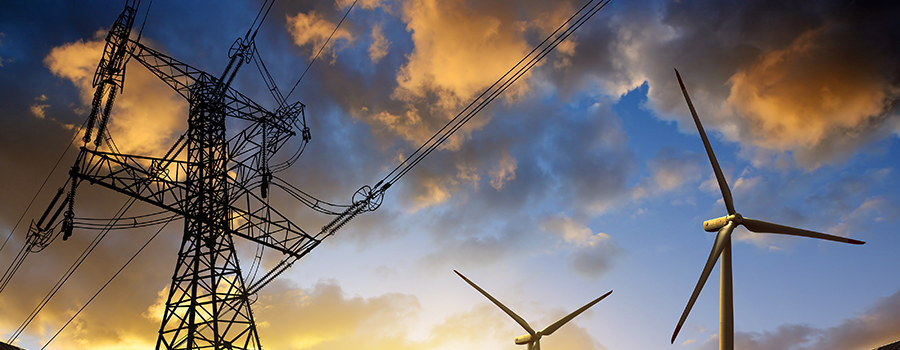What are the Benefits of Using an Efficient Power Supply?

The power supply, often overlooked despite being the beating heart of a computer system, is not just an essential piece of equipment. Utilising an efficient power supply can also lead to cost-cutting measures and contribute to environmental sustainability, both of which are significant topics that are more relevant in today’s climate than ever before.
In this article, we will explore how power supply efficiency is measured, the potential benefits of an efficient system, and how this can positively impact your energy costs and the environment.
What is Power Supply Efficiency and Why is it Measured?
Power supply efficiency is the measure of how much electricity from a Power Supply Unit (PSU) is outputted as power, compared to the amount that is converted and lost as heat. For example, if a power supply is 80% efficient, it means 80% of the input power is converted into usable output power. This, in turn, means that less than 20% of the power input is lost due to energy dissipation.
Heat is wasted energy, and the continuous heating and cooling of components is harmful to electronics which will affect the device’s lifespan. So, not only does generating excess heat accrue unnecessary expenses through wasted power and additional cooling costs, but it increases the risk of component failures, reducing reliability.
One way to ascertain if a power supply is sufficiently effective before purchase is via 80 PLUS certification. Any device that is certified by the 80 PLUS standard is at least 80% efficient, making it a simple task to find some of the best power supplies available.
Why Does This Matter?
Over the past few years, businesses have witnessed a remarkable surge in energy costs. One contributing factor is the rapid rise of Artificial Intelligence (AI) and other energy-intensive Machine Learning systems in various industries. As these advanced technologies become more integral to operations, the demand for substantial energy resources grows, leading to an increase in energy consumption and subsequent bills for businesses.
Simultaneously, the world has witnessed numerous impactful global events that have disrupted energy markets and supply chains. As these and many other factors continue to pose challenges to our energy consumption, businesses must prioritise efficiency measures to mitigate the impact of rising energy costs while striving to protect the environment.
The Impact of Power Efficiency
Efficiency is a crucial factor to consider when choosing a power supply, especially in devices that run for extended periods or in energy-conscious applications.
While it’s impossible to achieve a 100% efficiency rating due to energy dissipation, a rating above 90% is achievable with high-quality components and careful design. For example, by maximising energy transfer efficiency and minimising standby power consumption, it is possible to create a power supply that runs more efficiently with a higher output. A high-quality device may be more expensive due to the increased complexity of its design, however, the long-term savings caused by increased efficiency and durability make it well worth the initial cost.
Sustainability and business’ impact on the environment has become a critical focal point in recent years, and it stands to remain a vital consideration for the near future. With such an impetus on how corporations worldwide can do their part for the environment, it’s important to consider what can be done to make a change, down to the most minute of details. At Impulse, we are constantly evaluating what we can do to make our products and processes more efficient, create less waste, and strive for the same goal that unifies us around the globe for a greener tomorrow.
For more information about our broad range of devices and power supplies, contact us today.